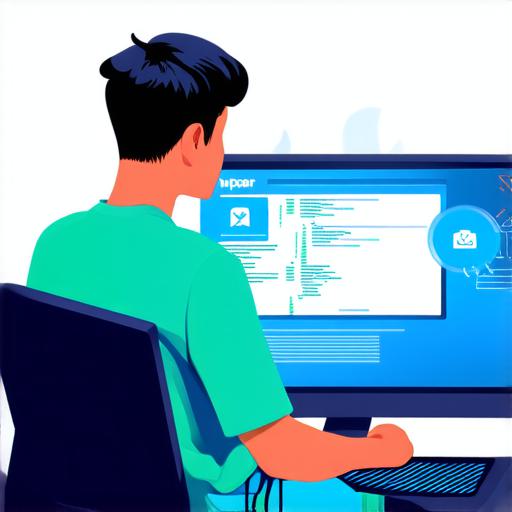1. Building Websites from Scratch
Imagine being the architect of a digital world. As an entry-level web developer, you’ll be constructing websites using HTML, CSS, and JavaScript—the building blocks of the internet. From layouts to designs, your creativity will shine as you bring ideas to life on the screen.
2. Coding with Purpose
With a strong foundation in programming languages, you’ll write clean, efficient code that functions flawlessly. Remember, every line of code you write contributes to the user experience, so make it count!
3. Collaborating with Designers and Developers
Web development is a team sport. You’ll work closely with designers, project managers, and other developers to ensure that your creations are visually appealing, functional, and meet client requirements.
4. Debugging and Troubleshooting
No one likes errors, but as a web developer, you’ll become intimately acquainted with them. Debugging and troubleshooting skills will be essential in finding and fixing issues that may arise during the development process.
5. Staying Updated
The world of technology is ever-evolving, and web development is no exception. Staying updated on the latest trends, tools, and best practices is crucial to your success as an entry-level developer.
6. Understanding User Experience (UX) and User Interface (UI)
A great website isn’t just about looking good; it’s about providing a seamless user experience. You’ll need to understand the principles of UX/UI design to create websites that are not only visually appealing but also easy to navigate and interact with.
7. Testing and Quality Assurance

Before launching a website, you’ll need to ensure it works flawlessly across various devices and browsers. This involves rigorous testing to identify and fix any issues that may impact the user experience.
FAQs:
1. What programming languages should I learn as an entry-level web developer?
HTML, CSS, JavaScript, and possibly a backend language like PHP or Ruby on Rails.
2. How can I improve my debugging skills?
Practice makes perfect! Try to identify and fix issues in your own code, and don’t be afraid to ask for help when you’re stuck.
3. What tools should I use as an entry-level web developer?
Tools like Visual Studio Code, GitHub, and Chrome Developer Tools can be incredibly helpful in your development journey.
In conclusion, being an entry-level web developer is about more than just coding—it’s about creating digital experiences that resonate with users. As you navigate this exciting career path, remember to stay curious, keep learning, and above all, enjoy the journey!
